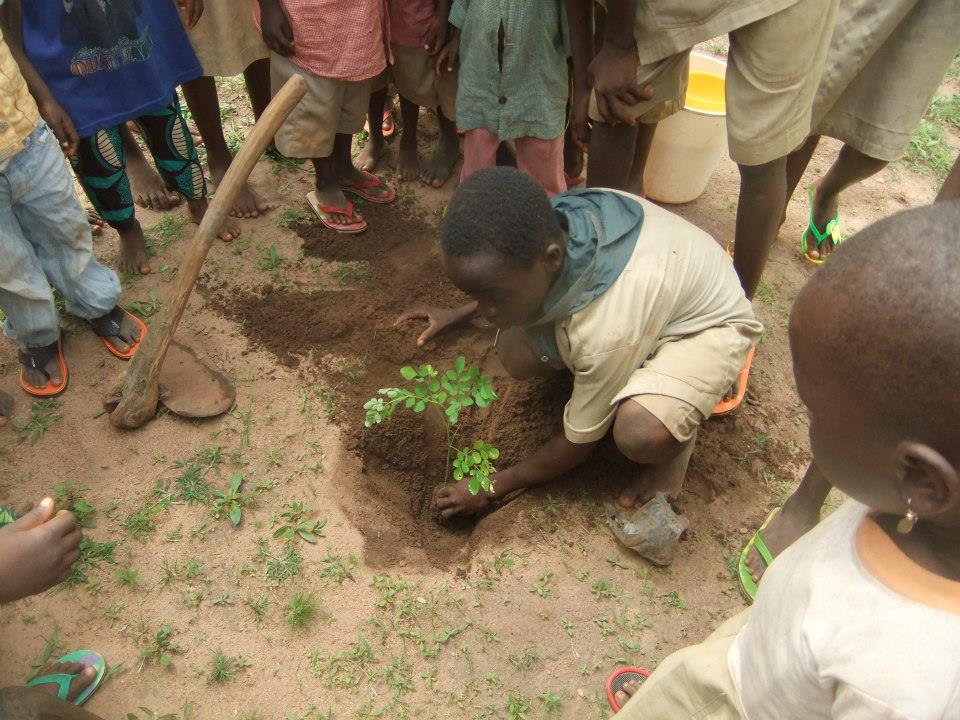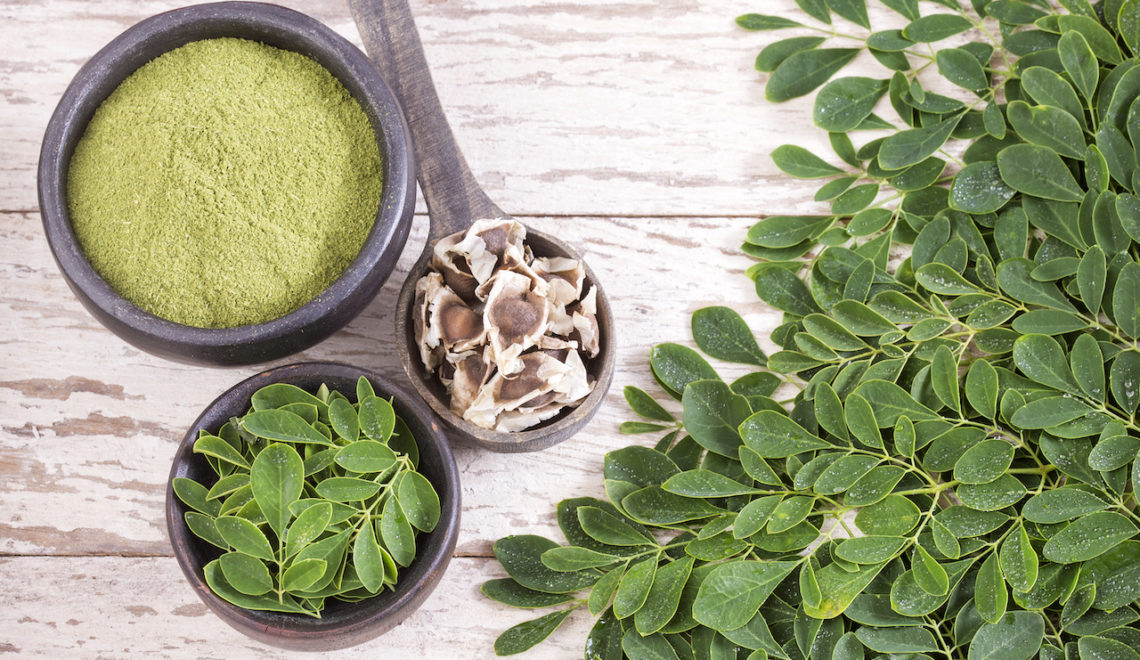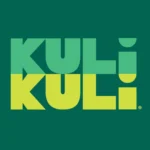
I am a proud, new addition to this impressive team of young innovators, advocates and entrepreneurs, and after I’m done pinching myself, I’d like to tell you about how I got here…
Four months ago, I returned home from volunteering with the Peace Corps in Benin, a tiny West African country rich in voodoo, motorcycle taxis, and Moringa. I spent two years there as a community educator in sustainable agriculture and public health, and many of my projects included showing people how to plant Moringa and incorporate it into their diets.
This special tree, known in my community’s local language as kpatinmawiniwini (just try it: “pah-teen-mah-wee-nee-wee-nee…” fun huh?), or “tree with tiny leaves,” thrives in all environments, but its potential is often overlooked. Planting Moringa can replenish the soil with nutrients, improve moisture retention and decrease soil erosion. Among other uses of the tree, the seeds can be used to purify water for drinking, and its quickly growing leaves can be plucked regularly for eating. Though they may be tiny, they pack a punch, providing a multitude of vitamins and minerals that can complete a nutrient deficient diet.
Of the Beninese that I knew, some made use of this final fact, and Moringa was a regular leafy green in each dinner’s sauce or a powdered addition to the morning porridge. Some only used the plant for medicinal purposes, in efforts to naturally cure headaches, coughs, or impotence. And among many in my community, Moringa was considered nothing more than animal fodder – “goat food.”
One of many challenges in my two years was to convince women not only to eat the goat food, but also to feed it to their husbands and children. When I met with the mothers of my community for monthly public health seminars, we worked to assess and address malnourishment. I stressed the importance of eating a sufficient variety of vitamins and minerals, taught the food pyramid as a reference, and led cooking demonstrations to prove that Moringa was not goat food, but an appealing solution. By the end of our time together, I had a small but solid group of converts.
Fast forward to January 2015, and I’m doing my first product demo for Kuli Kuli, the first company to bring Moringa to the U.S. I surreally found myself reciting the same lines (though this time in English) about the nutritional benefits of Moringa, the importance of its components to our diets, the encouragement to try something new and different…
Kuli Kuli is an incredible bridge between my not-too-distant Peace Corps past and my efforts to find meaning in a nine to five routine. After living abroad for so long, it’s challenging to readjust to the fast pace and constant innovation that is part of the American lifestyle. I missed two years worth of pop culture and technological development, and it’s taken me nearly four months to learn how to use a smart phone, decipher emojis, and tolerate Taylor Swift’s recurring presence in the Top 40… We’re a nation that loves its latest trends, so it’s relatively unreal that after being removed from that environment for so long, I am ahead of the curve as far as my knowledge of superfoods.
But this is a trend I can totally get behind. In addition to my enthusiasm for its quality as a superfood, I love that Kuli Kuli’s Moringa is sustainably sourced from women-owned farming cooperatives in Ghana. Kuli Kuli has brilliantly created a market that nourishes America’s packaged-foodies while also improving the livelihoods and nutrition of West African women. And with every customer, we’re raising awareness.
Only one week on the job, and I already see Kuli Kuli growing in its mission every day. Moringa and the hard-working women of West Africa linger in my heart, and I’m thrilled to continue my Moringa journey and be part of the change from afar.










QuestionI never really have used hoiisn sauce, so I don’t have any think if I used a teriyaki marinade and reduced it down that it would be a good substitute? Maybe add a little sugar for sweetness?
Hi Binata,
A little experimentation is always good! Try it out! Thanks for reading!